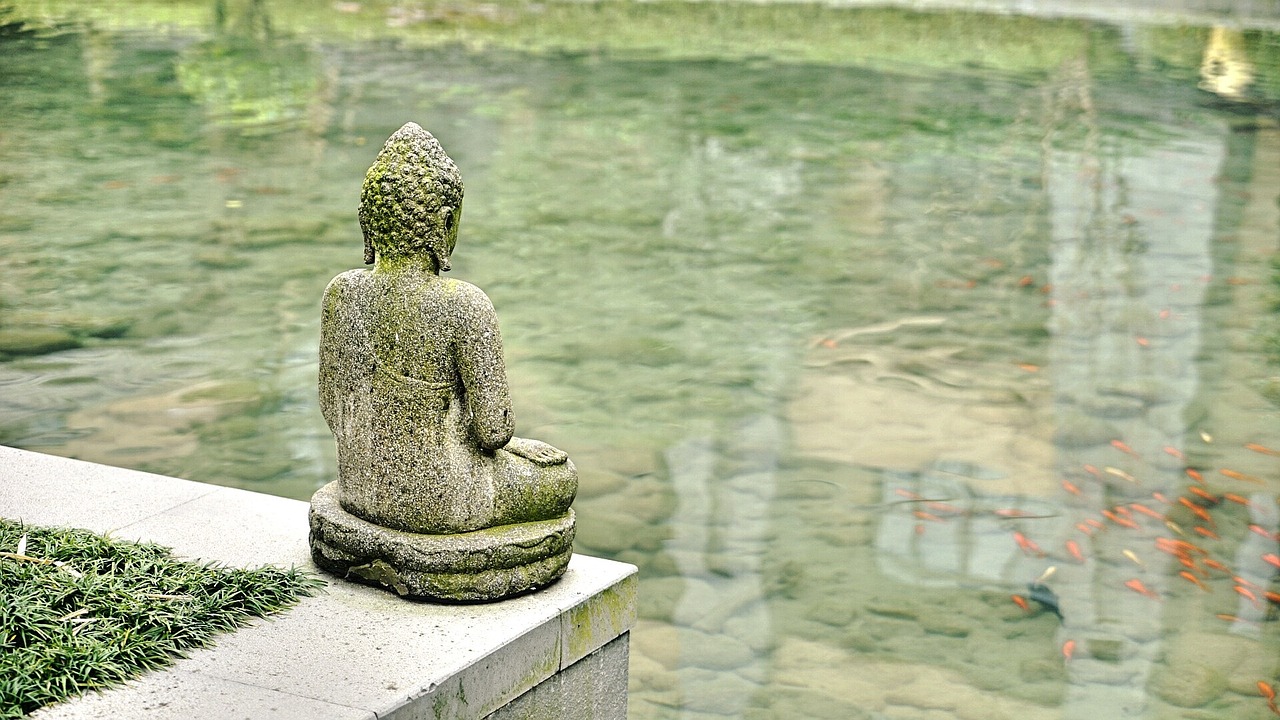In his book “Tools of Titans”, Tim Ferriss an American podcaster, author and an entrepreneur, gives us a sneak peak into the tactics, habits and routines of more than a 100 world class experts, ranging from celebrities, athletes, medical professionals to military commanders.
And the fact that almost all of them had one habit in common, piqued my curiosity, more than anything else. They all practiced some form of daily meditation.
Now, I’ve tried meditation before. I know it’s good for me, the same way I know vegetables are good for me. But I’ve never really experienced any positive impact from my irregular ten minute sessions.
After reading repeated mentions in the book on its benefits, I’ve decided to give meditation a go once more. But this time, I wanted to do it right.
In my search for a Do-It-Yourself meditation guide, I’ve stumbled upon this brilliant tweetstorm by Naval Ravikant, in which he provides a simplified, no frills approach to practicing meditation, referring to it as the “ Art of Doing Nothing “
So, based on his recommendation, I did “nothing” one hour a day for 60 days straight and here are the 3 lessons I’ve learned from this simple, yet insightful practice.
It’s Simple
It requires no one, needs no thing, and has no technique
Naval Ravikant
In my earlier attempts at meditation, I made the mistake of perceiving it as a complex subject. I thought that the more tools and resources I tried, the higher my chances are of getting better at it.
I’ve tried multiple apps and different approaches but would always end up getting lost in thoughts while meditating. I would then, get frustrated that I “failed” at meditation and move on to the next approach. But nothing ever seemed to work.
The major change I made this time around was in my own mindset. Once I’ve realized that it is ok to just sit there, doing nothing, meditation felt easier and natural. Anyone can just sit for an hour, it requires no effort, and you definitely can’t fail at doing nothing.
I’ve also realized that rather than trying to control my thoughts, just observing them without any resistance, worked much better.
Also, you don’t really need any app or equipment. The first documented evidence of meditation was found around 5000 to 3500 BC. They didn’t have any apps back then and you certainly don’t need them now.
And it can be done anywhere, if you’re alone and have some time to spare.
It Works
Give me six hours to chop down a tree and I’ll spend the first four sharpening the axe
Abraham Lincoln
Meditation is tough, but it works. I spent the majority of my 1 hour sessions, lost in thoughts and struggling to gain control. But, every once in a while, I would experience a profound sense of calmness, that made the whole practice worthwhile.
Even after 60 days of daily practice, I didn’t get any better at thought control. But the one thing I did get good at, was to realize that my brain is a mess. So, I now know that I don’t have to listen to it every time, and I can choose to control it, rather than the other way around..
Also, I found meditating to be a form of active rest. This has been perhaps, the only spare time activity that left me with more energy that I started off with.
I would also use it as a proxy to monitor my current state. If I was dozing off in sessions, that meant I needed more sleep. If I was unable to focus, that meant I was thinking too much about either the past or the future.
Throughout the experiment, I’ve experienced a heightened sense of focus, and clarity of thought in my daily life. My writing improved as well. I say this because, for the first time ever, my wife couldn’t find any mistakes in my first drafts.
Ironically, I would also get some of my best writing ideas in the middle of a session, while actively trying to do “nothing”.
It Lasts
If you know the way broadly, you will see it in everything
Miyamoto Musashi
Arnold Schwarzenegger claims that meditating for a year in the 70’s, changed him for life. Even after he discontinued the practice, he says that the principles stuck with him.
I don’t know if this little experiment would benefit me for life. But I’m sure that the basic principles of meditation i.e focus on the present moment and a detached observation of thoughts, would serve me well in the long run.
The self observing nature of this practice, made me realize that most of my thoughts consist of worrying about imaginary problems. That was an eye opener for me and it’s an insight that I could probably use to course correct.
Meditation is a skill after all, and as is the case with learning a new skill, I’m sure some of the lessons learned will always stay with you, even without daily practice.
Summary
To sum it up, the 3 lessons I learned from meditating 1 hour a day for 60 days are
- Meditation is simple, can be done by anyone, anywhere and requires no gadget or technique
- It’s tough, but it works. It makes you calm, focussed and reduces anxiety. You might get frustrated at your lack of control, but the few moments in between when everything “clicks”, are worth the struggle.
- The benefits might last you a lifetime and it’s a useful life skill.
Many successful people meditate. Now, it doesn’t mean that meditation by itself, will make you successful. However, for anyone interested in improving their quality of life, meditation is a must have tool in their arsenal.
Please subscribe here to get my latest posts delivered straight to your inbox.
